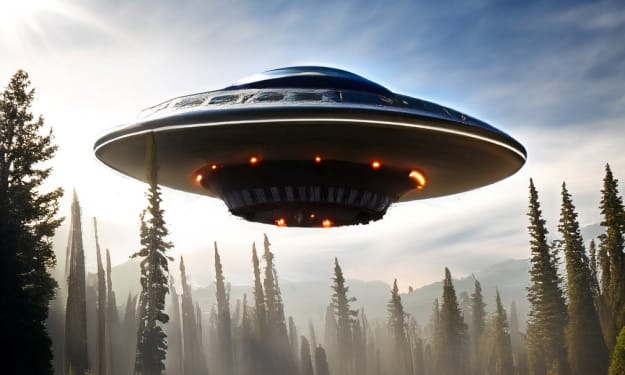"SpaceX Successfully Launches Crewed Mission to Mars: What This Means for the Future of Space Exploration"
Revolutionizing the Space Industry and Paving the Way for Future Manned Missions and Scientific Breakthroughs

On March 10th, 2023, SpaceX made history by successfully launching the first-ever crewed mission to Mars. The mission, which has been in the works for several years, marks a significant milestone in human space exploration and has far-reaching implications for the future of space travel.
For starters, the successful launch of the SpaceX crewed mission to Mars signals a new era of space exploration, where private companies like SpaceX are leading the way in space innovation. This shift has the potential to revolutionize the space industry by making space travel more affordable and accessible. In addition, it could pave the way for future manned missions to Mars and other celestial bodies.
The crewed mission to Mars also has the potential to uncover new knowledge about the planet's geology, climate, and potential for habitability. The mission will spend two years on Mars, conducting research, testing equipment, and collecting data, which could inform future missions and research. The potential for scientific breakthroughs is immense, and the success of this mission is a significant step in unlocking the secrets of our universe.
Moreover, the establishment of a permanent human presence on Mars could provide a crucial backup plan for the survival of our species in the event of a global catastrophe on Earth. Additionally, the potential for space-based resources, such as mining asteroids or harvesting energy from the sun, could provide significant benefits to humanity.
The SpaceX crewed mission to Mars is the culmination of years of research and development in space exploration technology. SpaceX, founded by billionaire entrepreneur Elon Musk, has been at the forefront of space innovation, developing reusable rockets and spacecraft that have significantly reduced the cost of space travel.
The mission to Mars is a crucial step in SpaceX's long-term goal of establishing a permanent human presence on the red planet. The mission, which includes a team of six astronauts, will spend two years on Mars, conducting research, testing equipment, and collecting data on the planet's environment and resources.
The successful launch of the crewed mission to Mars has significant implications for the future of space exploration. For starters, it signals a new era of space travel, where private companies like SpaceX are leading the way in space exploration. This shift has the potential to revolutionize the space industry, making space travel more accessible and affordable.
Additionally, the success of the SpaceX mission could pave the way for future manned missions to Mars and other celestial bodies. As humans continue to explore space, the potential for new discoveries and scientific breakthroughs is immense. The mission to Mars will undoubtedly uncover new knowledge about the planet's geology, climate, and potential for habitability, which could inform future missions and research.
Finally, the success of the SpaceX mission has significant implications for the future of human civilization. Establishing a permanent human presence on Mars could provide a crucial backup plan for the survival of our species in the event of a global catastrophe on Earth. Additionally, the potential for space-based resources, such as mining asteroids or harvesting energy from the sun, could provide significant benefits to humanity.
The success of the SpaceX crewed mission to Mars is a testament to the ingenuity and dedication of the human spirit. It is a significant achievement in the history of space exploration and demonstrates the potential for continued progress and innovation. As humans continue to explore space, the possibilities for new discoveries and scientific breakthroughs are endless.
In conclusion, the successful launch of the SpaceX crewed mission to Mars marks a significant milestone in human space exploration. The mission has far-reaching implications for the future of space travel, the space industry, and the future of human civilization. As we continue to explore space and unlock its secrets, the potential for new discoveries and scientific breakthroughs is immense, and the future of space exploration looks bright.
About the Creator
Mohamed Wasim
I am an experienced writer with a passion for technology, art, and culture. With a background in journalism and content creation, I have written extensively on a range of topics, from emerging technologies to social issues.





Comments
There are no comments for this story
Be the first to respond and start the conversation.